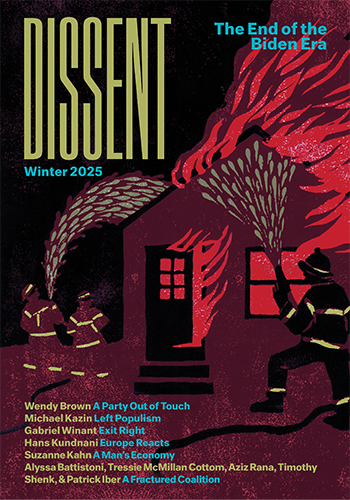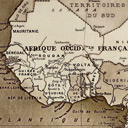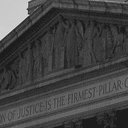
The Triumph of Corruption
Corruption today represents not a failure of individual ethics, as the Supreme Court renders it, or a side-effect of poorly designed laws, but an intensifying standoff between capitalism and democracy.


Corruption today represents not a failure of individual ethics, as the Supreme Court renders it, or a side-effect of poorly designed laws, but an intensifying standoff between capitalism and democracy.

If being an academic today is a profession, it’s one that is, for the vast majority, almost bereft of professionalism’s worldly benefits.

Why did the nation-state model win out, when the alternatives were supposedly so compelling?

“Sledgehammering feminine shame and smearing menstrual blood all over its covenants” isn’t a perfect description of what Kipnis has done with her writing, but it comes close.

Since the late 1970s, World War 3 Illustrated has channeled comic artists’ outrage at a world of endless war, ecological exploitation, and the brutalization of social relations.

To be stripped of one’s citizenship rights is to be consigned to a ghetto of one. But it’s not just fascists and dictators who engage in such practices. As historian Patrick Weil notes, the United States has frequently revoked the citizenship of Americans, too.

Sergio De La Pava’s A Naked Singularity is a vindication of the novel as a medium that allows time and space to serious considerations about how we organize our society and how we organize our lives. In the past thirty years our art has grown less serious and our politics more cruel. It has taken a novel of the artistic ambition and moral seriousness of A Naked Singularity to show us why this is no coincidence at all.

For Zadie Smith, the time had come for the radicalism of experiment and the realism of political economy—for a new social realism that was capable of capturing both the mechanics and experience of today’s growing inequality.

In Snow, and in all his best writing, Pamuk creates a drama of modern life in the process of moving toward radical polarization.

On the politics and novels of J.M. Coetzee

House of Meetings by Martin Amis